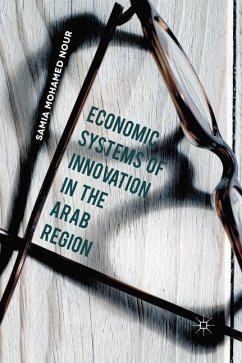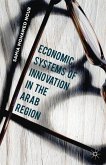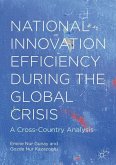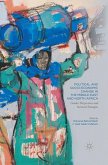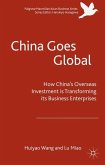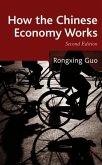"Mohamed Nour provides a very nice comprehensive and detailed account of the national systems of innovation in the Arab Region. She carefully identifies the impediments posed by the rent sharing nature of natural resource-based economies. The emphasis on proper institutional settings as a requirement for innovation and the systematic comparative study of (the lack of) these settings in the Arab region leads to a challenging analysis and also provides clear policy recommendations." - Joan Muysken, Professor Emeritus, Department of Economics, School of Business and Economics, Maastricht University, The Netherlands
"This book is of great value for all those who think that deep reforms are needed in the Arab Region in order to realize inclusive growth. It becomes quite clear that inclusive growth cannot be reached without reforms of the national innovation systems, and that these reforms are interrelated with comprehensive socio-economic reforms. Key subsystems of the national innovation systems and the respective institutions are carefully identified for the Arab countries and analyzed in context. Policymakers in Arab countries and all those working on the region need to study the book carefully. It contains a wealth of information for the move towards a knowledge society in the Arab region. The subsystems (education, higher education, and training; science and technology and research and development; and ICT) are excellently brought into connection with the economic structures and policies prevailing in the Arab region." - Karl Wohlmuth, Professor Emeritus and Director of the Research Group on African Development Perspectives, University of Bremen, Germany
"Triggered by the desolate prospects for social and economic security, the Arab region is going through a period of dramatic change. One of the region's economic challenges will be to transform its rentier system into an economic system of innovation that fosters the development of added value chains and productive sectors with job prospects and social inclusion for its - mainly youth - population. Mohamed Nour's book provides an insightful analysis of the characteristics, constraints, and policy options for Arab countries to transition towards internationally competitive and inclusive economies, and how innovation and technology and knowledge transfer play a crucial role." - Jacques van der Meer, Managerial Advisor, Projects Directorate, Department of Innovation and Competitiveness, European Investment Bank, Luxembourg
"This book is of great value for all those who think that deep reforms are needed in the Arab Region in order to realize inclusive growth. It becomes quite clear that inclusive growth cannot be reached without reforms of the national innovation systems, and that these reforms are interrelated with comprehensive socio-economic reforms. Key subsystems of the national innovation systems and the respective institutions are carefully identified for the Arab countries and analyzed in context. Policymakers in Arab countries and all those working on the region need to study the book carefully. It contains a wealth of information for the move towards a knowledge society in the Arab region. The subsystems (education, higher education, and training; science and technology and research and development; and ICT) are excellently brought into connection with the economic structures and policies prevailing in the Arab region." - Karl Wohlmuth, Professor Emeritus and Director of the Research Group on African Development Perspectives, University of Bremen, Germany
"Triggered by the desolate prospects for social and economic security, the Arab region is going through a period of dramatic change. One of the region's economic challenges will be to transform its rentier system into an economic system of innovation that fosters the development of added value chains and productive sectors with job prospects and social inclusion for its - mainly youth - population. Mohamed Nour's book provides an insightful analysis of the characteristics, constraints, and policy options for Arab countries to transition towards internationally competitive and inclusive economies, and how innovation and technology and knowledge transfer play a crucial role." - Jacques van der Meer, Managerial Advisor, Projects Directorate, Department of Innovation and Competitiveness, European Investment Bank, Luxembourg

